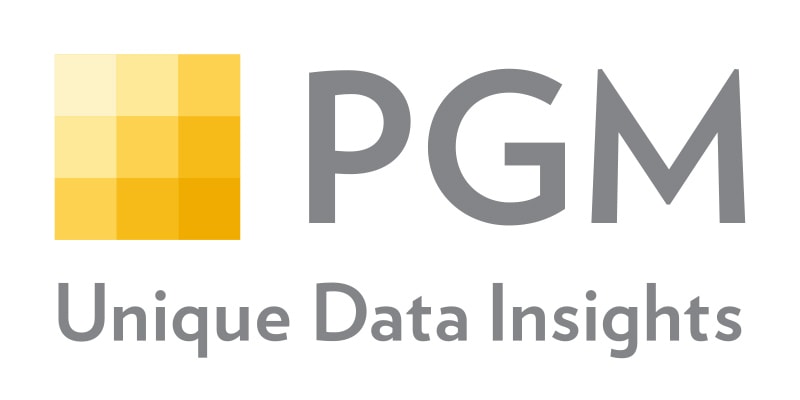Dive Brief:
- In September, activist investor Nelson Peltz and manager of hedge fund Trian Partners launched a bid to gain a seat on P&G’s board, but lost the proxy vote by a slim margin in October. After a recount, it turns out Peltz won the seat by 43,000 votes, per a report from CNBC.
- P&G can challenge the recount handled by independent inspector IVS Associates, and the result was a surprise turnaround after a contentious few months with estimates of $60 million spent between the two sides, an amount Ad Age called the largest spend around a proxy vote. P&G shares rose more than 3% in aftermarket trading following the announcement of the news.
- The CPG giant released a statement on Wednesday that acknowledged the results of the original vote were still preliminary despite previously claiming victory. The narrow vote denying Peltz the seat are subject to review and faces a challenge period when both parties can review review the results for discrepancies, per the statement.
Dive Insight:
Peltz launched his bid for the board seat with a 94-page white paper outlining a vision for P&G that included hiring more third-party digital talent and reprioritizing the company towards smaller and faster growing brands as well as making the case that the CPG giant is falling behind the competition in digital marketing.
At the time of the original vote, P&G Chairman and CEO David Taylor said the company would continue to “work constructively” with Peltz, although it was unclear if the company intended on taking any points from the white paper into serious consideration. Along with the emphasis on increasing digital capabilities and talent, the white paper also recommended a reorganization into three global business units, down from the current 10, linked by a holding company and hinted at more staff reductions beyond P&G’s current $10 billion cost-cutting program.
If Peltz, representing Trian Partners, is seated on the P&G board it seems more likely that his proposals will get more discussion as well as a vocal champion. The proxy battle happened during a time when CPG giants, including P&G’s main competitor Unilever, face serious competition from smaller, more nimble and digital-savvy companies, with both heavy-hitters cutting digital ad spending this year to the detriment of ad holding company partners. Part of the trickle-down effect from these moves is that WPP reduced its growth expectations this year down to zero in its latest earnings report.












